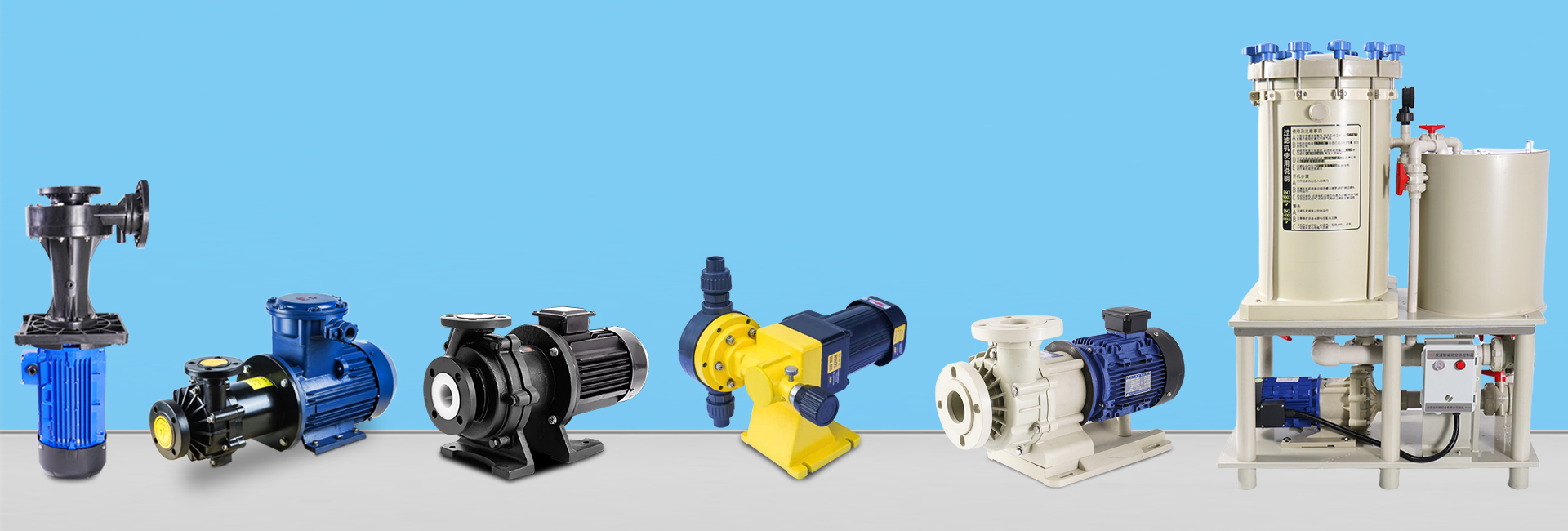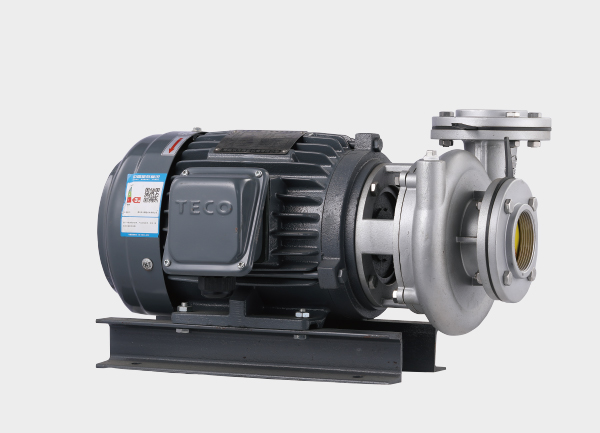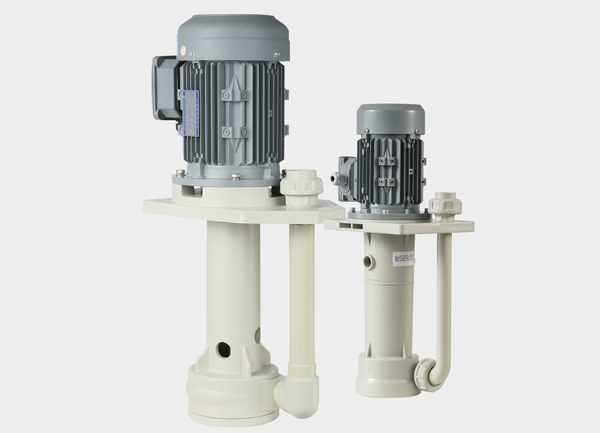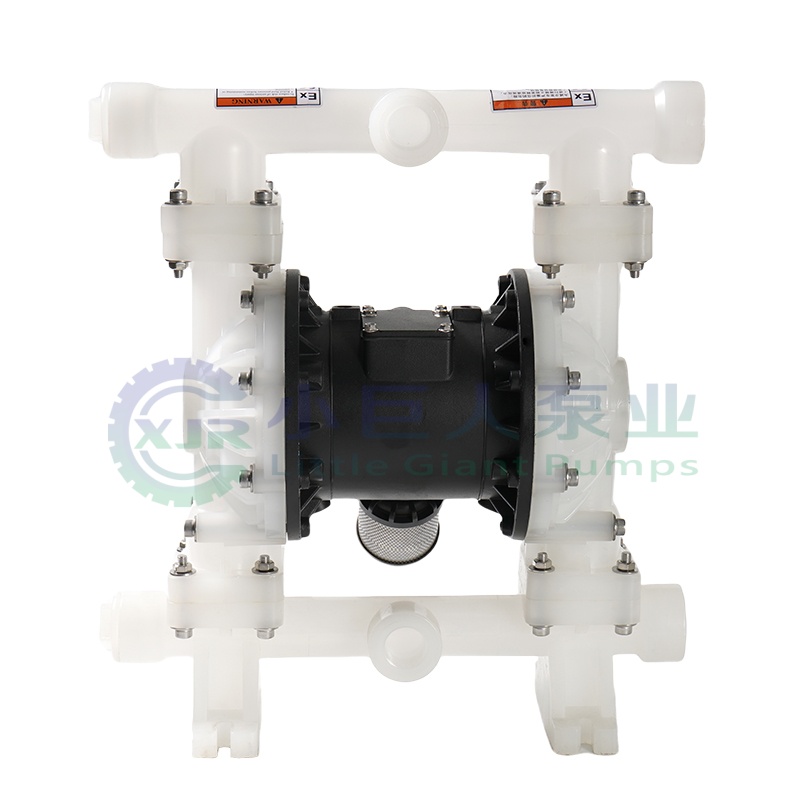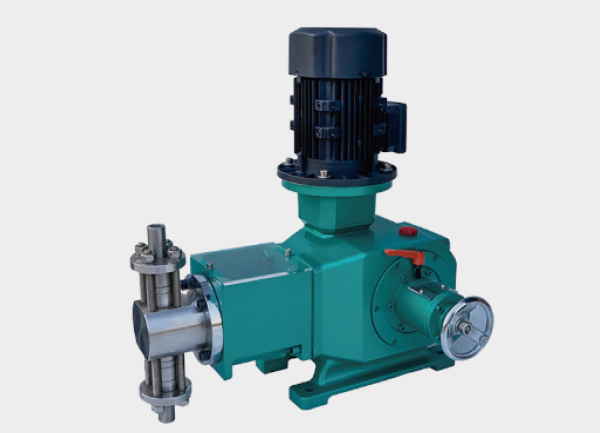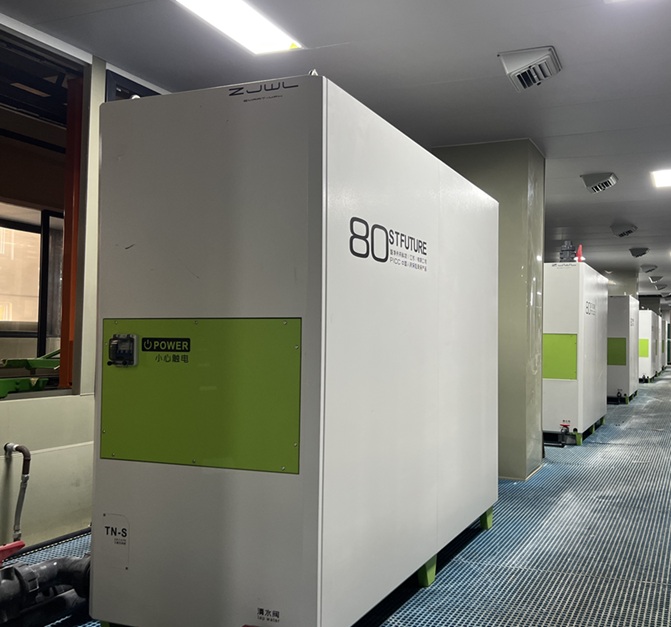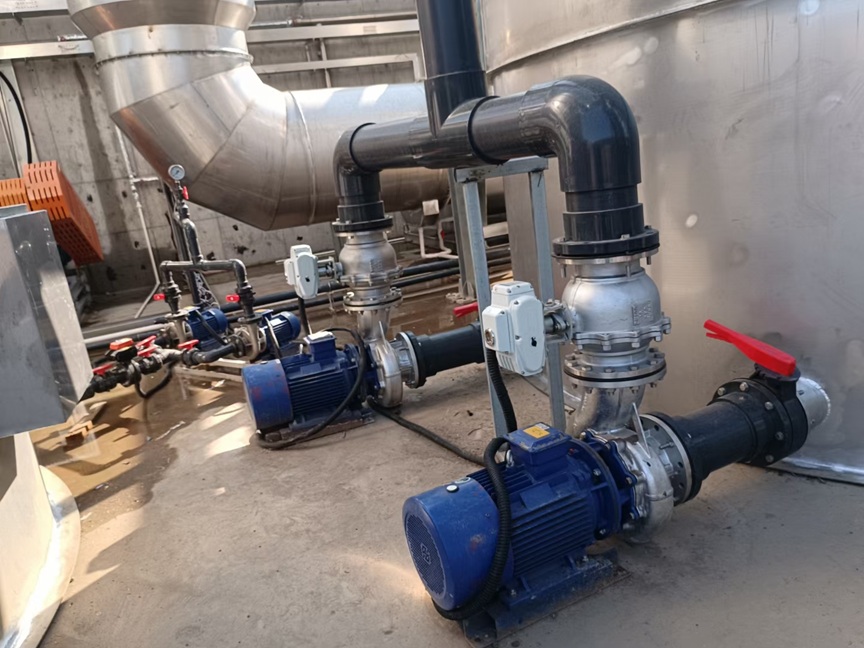Stainless steel centrifugal pumps combine the corrosion resistance of stainless steel with the efficiency of centrifugal pump design. Their core value lies in addressing the need for corrosion resistance, hygienic safety, and long-term stable fluid transfer across diverse industries. This article explores their main advantages (with technical details) and key application scenarios (with use-case logic), clearly showing why stainless steel centrifugal pumps are chosen in each industry.

I. Core Advantages of Stainless Steel Centrifugal Pumps
The advantages of stainless steel centrifugal pumps can be summarized as a full chain of benefits: material → performance → cost → application suitability. Each advantage is backed by technical standards and parameters rather than vague claims.
1. Outstanding Corrosion Resistance: From Mild to Extreme Environments
The corrosion resistance of stainless steel comes from its protective passive film (Cr₂O₃). By adjusting alloy elements (chromium, nickel, molybdenum, copper, etc.), different stainless-steel grades can be tailored to specific fluids:
304 Stainless Steel (0Cr18Ni9):
Contains 18% chromium + 9% nickel. Suitable for neutral liquids (water, cooling water), weak acids (fruit juice, diluted acetic acid), weak alkalis (diluted sodium hydroxide), and non-chloride salt solutions.
⚠ Not resistant to chloride ions (Cl⁻). Avoid seawater or brine to prevent pitting corrosion.316L Stainless Steel (00Cr17Ni14Mo2):
Enhanced with 2% molybdenum for stronger chloride resistance. Handles seawater, brine, chlorine-based disinfectants, organic solvents (ethanol, acetone), and chemical slurries. Low-carbon “L” design prevents intergranular corrosion. Widely used in chemical plants and marine applications.904L Stainless Steel (00Cr20Ni25Mo4.5Cu):
High chromium, nickel, molybdenum, and copper composition. Withstands strong oxidizing acids (nitric acid, concentrated sulfuric acid), alkalis, fluoride-containing media, and high-temperature corrosive fluids. High cost, used in extreme environments such as metallurgy and high-end chemical processing.
💡 Manufacturing detail: Pump body, impeller, and seal chamber are cast or machined in the same stainless grade, with seamless or high-quality welding. Many premium models undergo passivation treatment to reinforce corrosion resistance.
2. Hygienic and Food-Grade Safety
Stainless steel (304/316L) has a smooth, non-porous surface that does not absorb or release contaminants, making it ideal for food, beverage, and pharmaceutical industries:
FDA Compliance: No heavy metal leaching (lead, cadmium, chromium ≤0.1 mg/L).
GMP Standards: Internal surface roughness ≤0.8 μm (mirror-polished), preventing residue and bacterial growth.
3A Dairy Standards: Hygienic design with no dead corners, quick-release clamps for easy cleaning and sterilization.
👉 Real-world value: Stainless steel pumps won’t discolor milk with iron ions, won’t absorb active ingredients in pharmaceuticals, and are easy to sterilize with CIP (clean-in-place) systems.
3. Mechanical Strength and Thermal Stability
Compared to plastics or cast iron, stainless steel offers higher strength and durability:
Wide Temperature Range: -20℃ to 400℃ continuous use. 316L remains safe at -196℃ (liquid nitrogen).
Pressure Resistance: Standard models handle 0.6–2.5 MPa; high-pressure models up to 4.0 MPa (boiler feedwater, high-pressure washing).
Wear Resistance: With carbide seals and hardened impellers, pumps handle liquids with fine particles (e.g., sludge, juice pulp) without rapid wear.
👉 By contrast, cast iron distorts above 150℃ and plastic pumps burst above 0.8 MPa.
4. High Hydraulic Efficiency & Energy Savings
Thanks to precision-machined impellers and balanced design:
Efficiency: 75–90% with water (vs. 60–80% for cast iron or plastics). Even with viscous fluids (e.g., edible oils), efficiency remains 65–80%.
Durability Advantage: Yearly efficiency drop <2% (vs. 5–8% in cast iron pumps).
Energy Savings Example: A 15kW pump can save $1,500–2,500 per year in electricity under continuous operation.
5. Easy Maintenance & Long Service Life
Service Life: 8–15 years with clean water; 5–10 years under corrosive chemical duty (2–3x longer than cast iron).
Maintenance:
Smooth surfaces reduce scaling.
ISO-standard seals/bearings allow quick replacement (<1 hour).
Low Failure Rate: Leakages, impeller cracks, and overloads occur at only 1/3 the rate of cast iron pumps, minimizing costly downtime.
II. Key Application Scenarios of Stainless Steel Centrifugal Pumps
The wide application of stainless steel centrifugal pumps comes from precise matching of advantages to industry needs.
1. Chemical Industry: Corrosive Fluids
Acid & Alkali Transfer: 316L handles diluted sulfuric acid (<30%), hydrochloric acid (<20%), and caustic soda (<40%).
Solvent Transfer: Stainless steel resists ethanol, methanol, acetone with zero contamination.
Reactor Feed/Discharge: 904L resists high-temp nitric acid or sulfuric acid, ensuring process continuity.
🔑 Advantage: Corrosion resistance, chemical purity, high-temp durability.
2. Food & Beverage Industry: Hygiene and Cleanability
Dairy: 304 SS with polished surfaces (Ra≤0.4 μm) prevents bacterial growth.
Juice & Beverages: 316L resists acidic juices without leaching ions.
Edible Oils & Syrups: Handles 60–120℃ viscous fluids without coating contamination.
Beer & Wine: Sterilizable models with CIP/SIP compatibility.
🔑 Advantage: FDA/3A compliance, no residue, clean taste preservation.
3. Pharmaceutical & Biotech: Purity & Sterility
Drug Solutions: 316L seamless cast pumps for antibiotics or USP-grade water.
Vaccines & Biologics: Electropolished interiors (Ra≤0.2 μm), sterile mechanical seals, no microbial risk.
Pharma Wastewater: 316L resists solvents and weak alkalis, avoiding leaks.
🔑 Advantage: Sterile-grade design, zero extractables, GMP compliance.
4. Water Treatment & Desalination
Drinking Water: 304 SS complies with GB 5749 (China) and international drinking water standards.
Industrial Wastewater: 316L handles chloride-rich effluents.
Seawater Desalination: 316L/904L resists high chloride levels (~19,000 mg/L).
Pools & Spas: Resistant to chlorine and sulfur-rich hot springs.
🔑 Advantage: Chloride resistance, hygiene, and seawater durability.
5. Power & Energy Sector
Boiler Feedwater: High-pressure 316L pumps (up to 250℃, 4.0 MPa).
Cooling Water: 304 SS with wear-resistant impellers.
Solar/Photovoltaics: 904L resists hydrofluoric acid cleaning solutions.
🔑 Advantage: High-pressure stability, high-temp strength, extreme corrosion resistance.
6. Other Applications
Marine & Shipbuilding: 316L pumps withstand seawater corrosion and vibrations.
Metallurgy: 304 SS pumps for coolant fluids with anti-rust additives.
Laboratories: Micro centrifugal pumps for solvents in chromatography.
HVAC Systems: 304 SS pumps circulate chilled/hot water with stable efficiency.
III. Conclusion
The versatility of stainless steel centrifugal pumps comes directly from the depth of their advantages:
Chemical & Water industries → corrosion resistance.
Food & Pharma industries → hygiene & purity.
Power & Metallurgy → high-pressure & high-temperature durability.
All industries → efficiency & long service life.
By merging the material science of stainless steel with the proven mechanics of centrifugal pumps, they solve the pain points of ordinary pumps—corrosion, contamination, and failure—making them the preferred solution for modern fluid transfer across industries.

